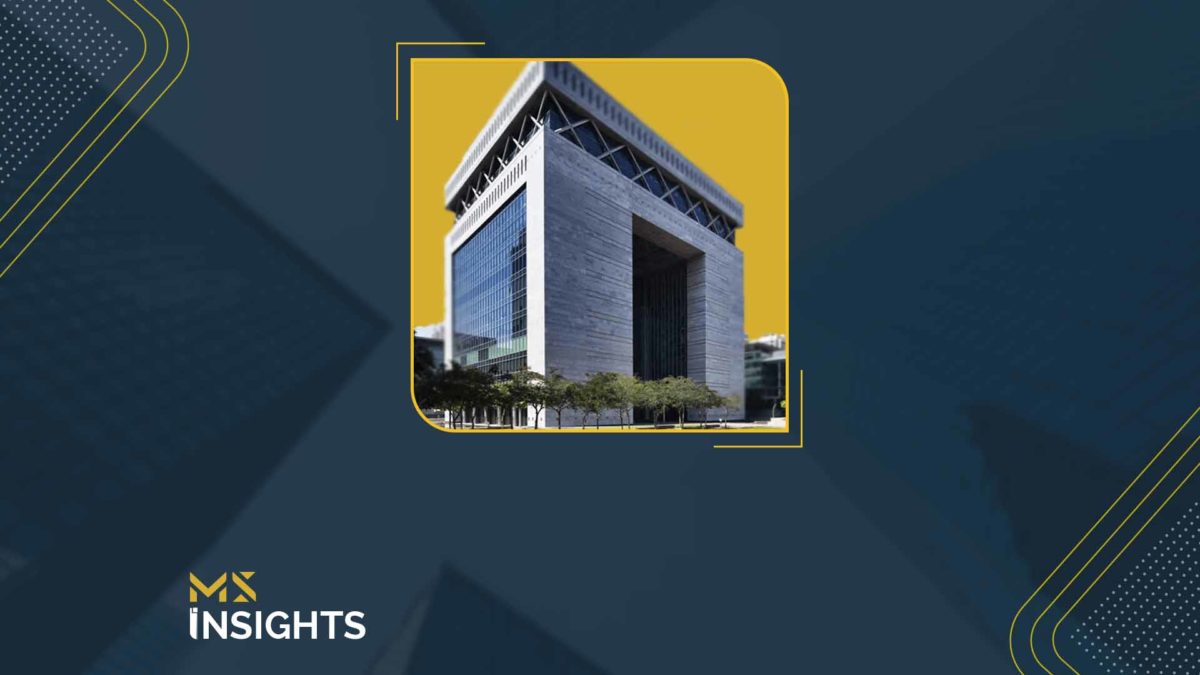Last year, the Dubai Financial Services Authority (DFSA) imposed fines on the former CFO of a listed Real Estate Investment Trust (REIT) for being knowingly concerned in misleading statements and accounting breaches. This case serves as a stark reminder of the critical importance of financial oversight and compliance within the Dubai International Financial Centre (DIFC). It underscores the significant responsibilities of a Finance Officer in the DIFC in ensuring accurate financial reporting and adherence to regulatory standards, protecting both the firm and its stakeholders from potential repercussions.
The FO collaborates closely with senior management and other key stakeholders to oversee compliance, manage capital adequacy, and ensure timely and accurate financial reporting. In light of these events, the responsibilities of a Finance Officer in the DIFC are more critical than ever.
Before exploring the responsibilities of a Finance Officer in the DIFC, it’s essential to understand the value of having one in place.
Why a Finance Officer?
The Finance Officer serves as the regulator’s eyes and ears for the firm’s financial activities. As an Authorized Individual under DFSA regulations, the FO collaborates closely with other key authorized individuals, including the Senior Executive Officer (SEO), Compliance Officer (CO), and Money Laundering Reporting Officer (MLRO). This coordination ensures that the company meets all licensing requirements, such as capital adequacy and audit compliance, while effectively conducting its business operations.
Now, dive into the key responsibilities of a Finance Officer in the DIFC.
Key Responsibilities of a Finance Officer in the DIFC
The key responsibilities of a Finance Officer in the DIFC are comprehensive and encompass various aspects of financial oversight:
- Compliance Management: The FO ensures that the company adheres to the DFSA PIB module as an Authorized Individual. This includes the preparation and submission of financial reporting returns through the Electronic Prudential Reporting System (EPRS) in a timely manner.
- Financial Reporting: Regular reporting to the SEO and Board on critical financial matters, including capital resources, risk capital requirements, and liquid assets, is a fundamental duty of the FO.
- Capital Adequacy Oversight: The FO is responsible for providing timely reports on the company’s capital resources, ensuring adequate capital and liquid resources are maintained at all times to navigate potential stress events.
- Budgeting and Financial Projections: Preparing budgets and financial projections is essential to anticipate issues and ensure financial stability.
- Accounting Oversight: The FO oversees the finance and accounting functions, ensuring compliance with IFRS and applicable rules. This includes establishing and monitoring the implementation of the company’s financial policies, procedures, systems, and controls.
- Internal and External Liaison: The FO plays a vital role in liaising with the external auditor to obtain opinions on the financial statements and coordinate with the internal audit function concerning financial matters.
- Client Fund Management: Ensuring the proper reconciliation of client monies and their segregation from the company’s funds is paramount for maintaining trust and compliance.
How MS Facilitates the Key Responsibilities of a Finance Officer in the DIFC
Outsourcing finance officer services with MS plays a crucial role in DIFC bringing extensive financial expertise to ensure that your company operate in compliance with DIFC regulations and upholds ethical standards. FOs implement robust internal controls and financial processes, providing strategic advice that enhances compliance while optimizing financial performance. By fostering transparency and maintaining high financial standards, FOs help prevent fraud and build investor confidence within the DIFC framework. MS enables firms to delegate the key responsibilities of a finance officer in the DIFC, allowing the entities to concentrate on core operations and strategic growth. This partnership not only mitigates regulatory risks but also protects reputations and strengthens positions in the competitive DIFC landscape, ensuring businesses meet and exceed the stringent standards required for success.
